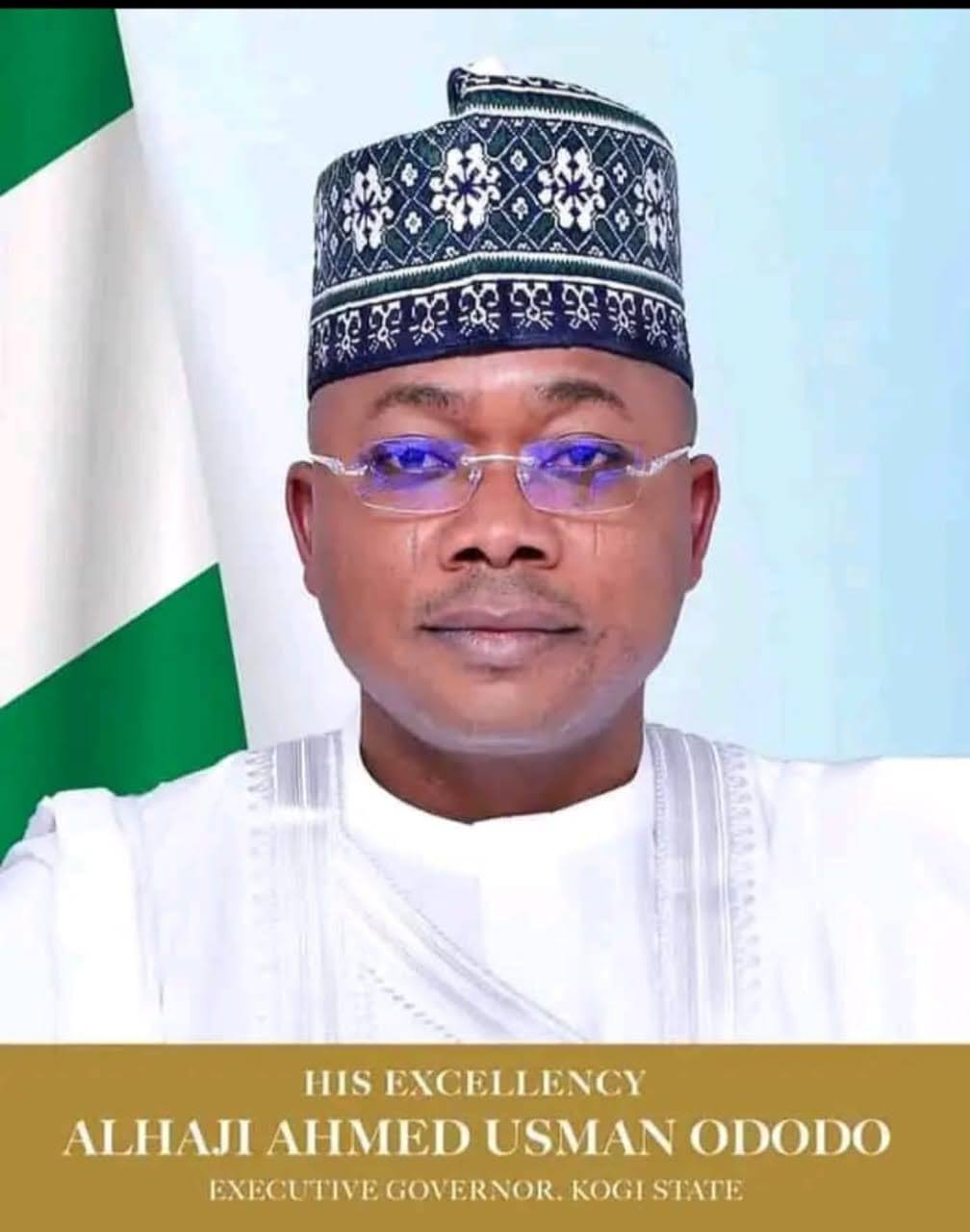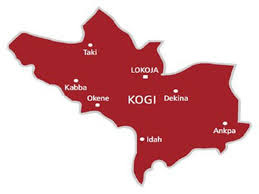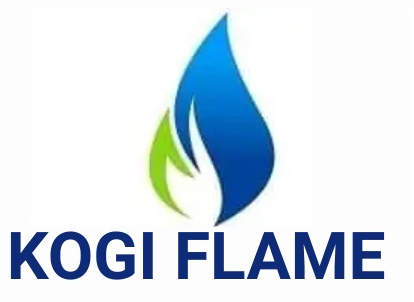
Kogiflame.com
Judiciary workers in Kogi State have their eyes focused on the clearance of their 11 months outstanding salaries if the agreement reached before the commencement of their data capturing exercise is adhered to by the executive arm of the state.
The workers’ hopes were hinged on the commencement of the data capturing exercise which had generated controversy between the executive arm and the judiciary arm of government of the state.
The exercise which commenced simultaneously on Monday at designated High Court complexes across the state is being handled by the Judicial Service Commission (JSC) of the state.
Unlike similar activities embarked upon by the executive arm of the state in the past, the objective of this exercise is to verify the existing number of staff in the state’s High Court, Sharia Court of Appeal, Customary Court of Appeal and the Judicial Service Commission.
Previously, other civil servants in the state’s MDAs who underwent screening were requested to present themselves at the Government House, Lokoja along with their credentials and bank details for scrutiny before they were confirmed staffers of the state.
However, the judiciary workers’ data capturing exercise being conducted by the JSC in conjunction with the consultant appointed by the governor of the state, Alhaji Yahaya Bello, focuses more on physical presence and details of working record. This forms part of the agreement reached by both the executive and the judiciary of the state before the commencement of the exercise.
In addition, the executive arm would not interfere with the finances of the judiciary indicating that the salaries were to be paid by the judiciary after the release of subventions as contained in the constitution of the Federal Republic of Nigeria, the Laws of Kogi State and in conformity with the order of the National Industrial Court.
Relationship between the executive and judiciary arms of the state has been strained since middle of last year and it will be exactly 12 months (one year), by the end of this month, when last the workers of the state judiciary received their salaries. This is owed to what the judiciary arm perceived as an overbearing attempt by the executive to cow the judiciary through financial muscling.
The state’s branch of the union judiciary staff union of Nigeria (JUSUN) had taken exception to the request made by the executive to furnish it with the payroll of judiciary workers in the state.
The leadership of the union subsequently embarked on an industrial action against the state government to make their point clear and the strike lasted up to four months before it was suspended.
Notwithstanding the strike action, it took the intervention of eminent Nigerians and organizations in the country and the state before the union agreed to submit itself for the data capturing exercise even after taking the state government to court and securing the judgment of the National Industrial Court for the judiciary to be paid the sum of N1.5b being owed it as an accumulation of the eight months subvention and salaries being owed the workers as at the time of approaching the court.
In the view of the Chairman of the union, Comrade Emmanuel Waniko, it is a no victor, no vanquished situation as he said the main focus of the union has been a struggle to uphold the position of the 1999 Constitution as regards the principle of separation of powers.
“Let us get this straight. We have always stated that the judiciary has nothing to hide and as you can see, that is why we have chosen to participate in this exercise. We have been under serious pressure after we declared to the government, through their consultant, that we were not going to participate in the exercises if our outstanding subvention of 11 months or the Industrial Court judgment that ordered them to pay us N1.5b is not complied with.
“But despite being defendants in the matter we took to the National Industrial Court upon which we got judgment, the Hon. Chief judge himself, our other heads of courts and even some prominent people in the state, have been on our neck asking us to give the government the benefit of the doubt”
“That is why we have decided to allow the exercise to take place because we have been assured that the payment of our outstanding salaries shall not in any way be tied to the extent or outcome of the exercise but rather in line with the decision and order of the Industrial Court” he said.
On the smoothness of the exercise and the likelihood of any possible hitches, Comrade Waniko said challenges should be expected in programs of such magnitude but that such challenges should be handled in manners that would not affect any worker adversely.
“However, we will want to appeal to those handling the programme that they should be flexible enough to know that exercises of this magnitude would definitely come with challenges. We will expect that such challenges would be tackled immediately without allowing it to harm any of our members in any way.”
He added that the union was optimistic that the exercise would yield the expected result with high optimism that the salaries of the workers will be paid without delay.
“You can see things for yourself. Look at the faces of our staff, do you think they are happy? Do you see them smiling or laughing? I bet you, as you see each one of them they only managed to come for this exercise. That is why we are optimistic that the governor would meet his own part of the agreement by releasing our money without delay so that our salaries can be paid.
“Our members are hungry and dying. Majority of our members’ children have been driven out of school and could not even write their third term examinations that is ongoing now. So we are very optimistic that the government would endeavor to keep its own part of the agreement reached when people intervened in our crisis with them.
Aside the designated High Court complexes where the exercise is taking place in the state, it is also being conducted at judiciary headquarters, the Sharia Court of Appeal and the Customary Court of Appeal complexes in Lokoja, the state capital. Other areas are the High Court complexes at Idah, Ankpa and Dekina for the East; Okene and Obangede for the Central and Kabba and Isanlu for the West. It is scheduled to last for three days barring any unforeseen reasons








